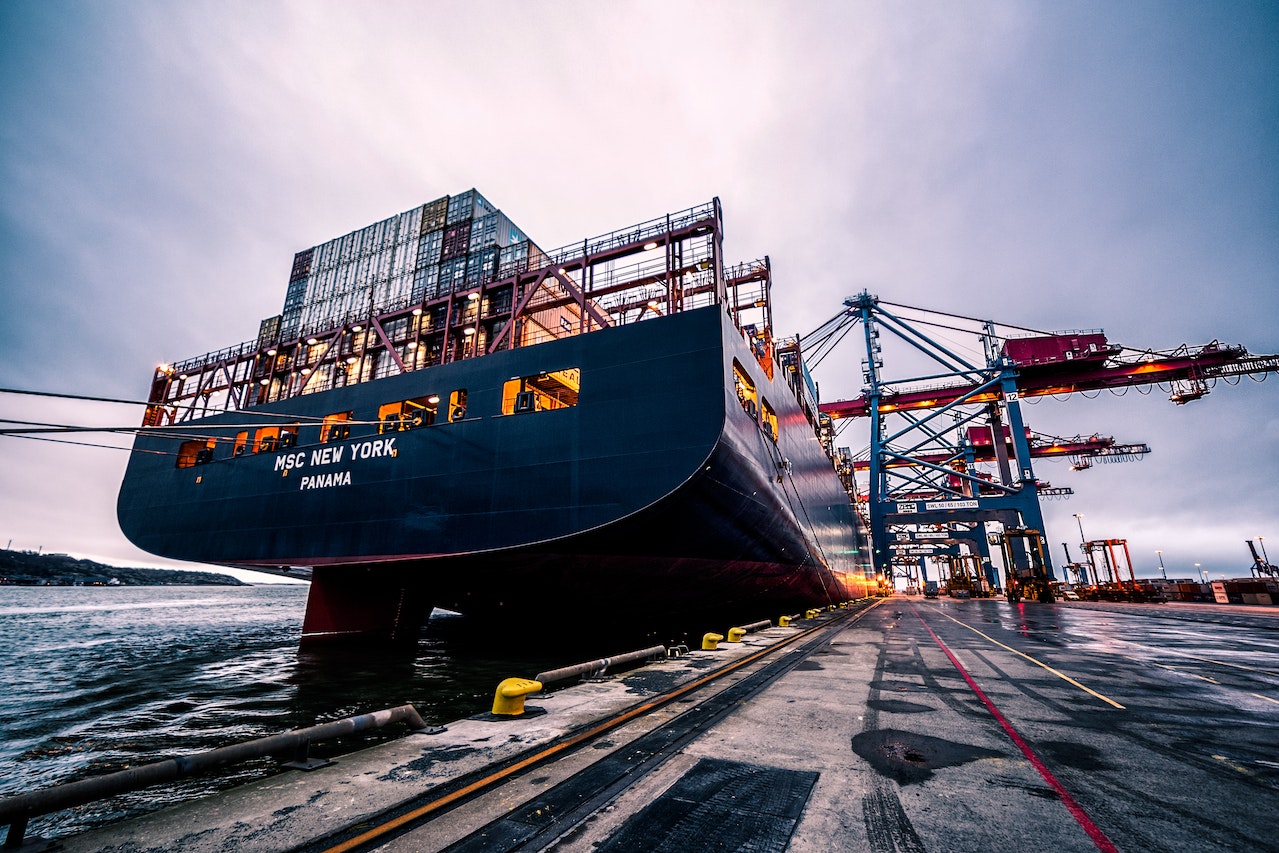Logistics – The Need to Adapt
March 20, 2023
The only constant thing is change. Well, in life and in business too, if we do not adapt to change we perish. The business of logistics has been around for several years together and it is only fitting that it has evolved to a very big extent and continues evolving on all fronts today. The expectations of customers are the driving force behind the change that occurs in the world of transportation and logistics. Concepts of speedy deliveries, tracking of shipments, and constant updates on arrivals or delays in the shipment have paved the way for technology to be an integral part of the logistics business.
The best logistics company in India cannot absolve themselves of not keeping up with the trend. If they fail to keep up with the times the market will gradually isolate them among customers. It is very essential for all logistics companies in India to invest and comply with all the modern technologies and technicalities in ensuring that their service is up to date we the industry.
Here are a few basic steps that logistics and warehouse management companies can take that will help build an adaptive and resilient logistics network to weather the storm and prepare to deliver top-class services in the industry.
- Creating visibility and agility throughout the supply network by synching IT and logistics – Adding visibility across the supply chain network is one of the crucial steps that need to be taken to meet with changing times. One can start off by shifting the focus to system-based solutions, starting with simple ERP systems and evolving into a global network of collective databases with the Internet of Things (IoT). By doing these simple tasks of moving things from where they are made or produced, to where they are consumed, with the use of these modern technologies, the time to transport goods as well as the capability to track them by logistics companies as well as consumers becomes a piece of cake. ERP solutions that provide Warehouse Management and Dynamic Demand Planning are gradually being replaced by robots and automated solutions to increase speed and accuracy.
- The use of Cloud-based systems and integrations – The development and distribution of new cloud-based systems and integrations, allows logistics businesses to streamline their workflows, and store and transfer information quicker and more securely than ever before. This also helps logistic services in India to have better control over their finances. A few financial service providers have come to the aid of carriers with custom technology integrations – and help them get paid faster. This changes the way things work for businesses. It helps them save time, save money, and benefit from smoother internal processes.
- Incorporating the use of real-time analytics and tracking – With the design, development, and use of RFID chips and other advanced technologies, managers and industry leaders have access to better real-time analytics and tracking than ever before. This comes as a phenomenal development for logistics and warehouse management companies in India. With the use of RFID chips, they can now tell customers exactly where their products are and how long it’s going to take to reach them. Logistic businesses are also in a better position to now identify and anticipate problems which in turn helps to resolve them faster.
- Efficiency in last-mile delivery – Last-mile delivery has always been a matter of a challenge for logistics companies since it left them with a high degree of complexity and high costs. However, as of today, the logistics world is on the verge of seeing major breakthroughs in last-mile delivery, with the commissioning and the deployment of autonomous drones to deliver packages to consumers and major overhauls to supply chain models.
- AI and machine learning – Logistic services in India are very keen to integrate more artificial intelligence (AI) and machine learning into the systems. This will help them reduce the need to deploy many human hours and thereby making it possible to increase both efficiency and total capabilities. The use of the right tech tools in place can help evaluate and increase productivity, shipment speed, and customer satisfaction, which helps boost profitability.
- The blockchain – Blockchain which is the well-known technology behind cryptocurrency, has led to decentralized ledgers and smarter inventory management. The entire logistics business is beginning to benefit from this. This technology has the power to increase the security, efficiency, and reliability of all forms of tracking and data management. The future potential for blockchain seems almost unlimited and the best logistics company in India are ready to adopt it.
It is beyond doubt that the logistics industry is only going to move forward and keep advancing. With the integration of new technologies, logistics and warehouse management will keep becoming more efficient. Logistic companies that are looking to compete in the logistics industry have to up the game and begin to adapt!
